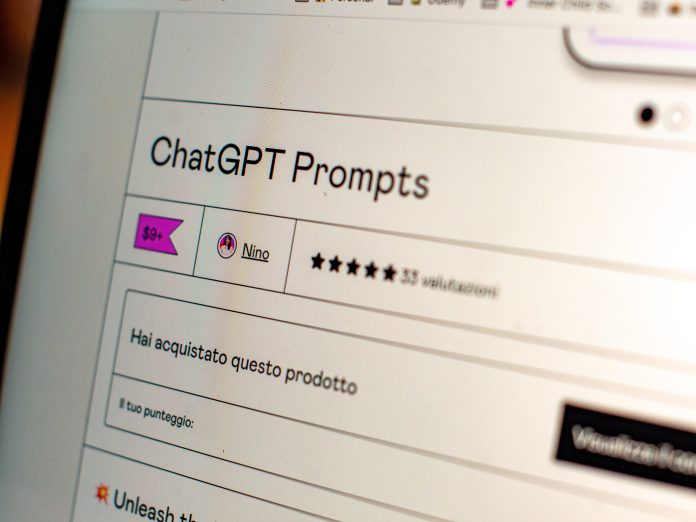
Since it launched in late 2022, ChatGPT seems to have taken the academic world by storm. The artificial intelligence, or AI, language model enables users to interact with the software as if the user were conversing with it. However, ChatGPT also has the capability of writing full-fledged academic papers with sources, raising some concerns from educators.
Jeff Dunn, an associate professor of philosophy at DePauw and the director of the Janet Prindle Institute for Ethics, said, “Among my professor friends, people have already been talking about this a lot. It hasn't changed any of my teaching yet.”
“Right now, it seems to me that ChatGPT doesn’t write really great essays… Some of these large language models ‘hallucinate’ things. They just invent papers or invent books out of thin air that don’t really exist,” Dunn added.
For that reason, among numerous ethical concerns, Dunn believes “a student wouldn't want to use ChatGPT to generate an essay.”
However, Dunn sees AI language models, like ChatGPT, becoming more of a problem as they become more sophisticated.
“Presuming [language models] get better, it’s got to change teaching in some way. You can't just send someone away with a paper prompt and then read what they wrote and think that they did any actual learning there,” Dunn said.
In the evaluation of the ethical concerns surrounding the usage of ChatGPT, Dunn points out the importance of considering how it is used.
“I think if you just put the essay prompt into ChatGPT and ask it to generate you an essay, that looks like straightforward academic dishonesty that every student says they're not going to do,” Dunn said.
However, Dunn stated that there's a ‘grayer’ area when it comes to using ChatGPT to generate ideas.
“I’ve seen even professional academics use things like ChatGPT to generate objections to their thesis,” he said.
Dunn wondered aloud, “Is that unethical?”
Dunn pointed out another case that he said could be a “murky middle ground.”
“Maybe the really tricky case would be asking ChatGPT to generate an outline for a paper,” Dunn said.
Although Dunn does not see any immediate changes on the horizon in his classrooms in response to ChatGPT, some other professors are already considering alternative approaches to gauging student learning.
“I plan on experimenting with oral exams this semester for the first time,” philosophy Professor Joseph Porter said.
Despite the overarching concerns regarding the potential negative impacts software like ChatGPT could have on academia, Porter sees a bright side.
“I think there's room for professors to use ChatGPT as an in-class exercise; I plan to do that later on this semester,” Porter explained.
Additionally, Porter also stressed the importance of adapting to new technologies in the classroom.
“You can’t just stop technology or prevent people from using it, so I think professors and administrators have to think creatively about how to deal with this kind of challenge,” Porter said.
Porter went on to explain, “Ultimately, new technology is always scary. It's always going to come with good sides and bad sides; you just have to think carefully about how to maximize the good sides and minimize the bad sides.”
Dunn shared a similar sentiment, comparing current technological advancements to other advancements that were revolutionary for their time.
“I’ve heard people talk about this as like once calculators became widespread, you had to change certain ways you tested people in mathematics, for instance, or in the sciences. But, that doesn't mean that you completely had to abandon all of the teaching techniques, you just adapted to the calculator. Will that be true for ChatGPT? Maybe, I don’t know,” Dunn said.


